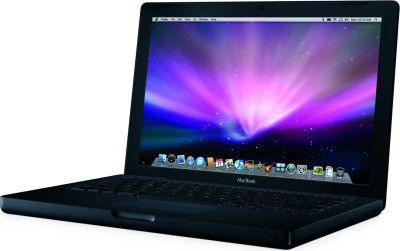From our front-page news:
When Apple first jumped onto the Intel bandwagon, fans cheered. Making the move to an x86 processor meant great compatibility, and given Intel's most-recent track-record, it also meant getting a much faster product. Well if recent reports are to be believed, then Apple might be considering a shift away from Intel, where chipsets are concerned, and ultimately, who knows.
The report mentions that the upcoming MacBook lineup will skip over using an Intel-based chipset, instead relying on another, although no one knows at this point which. Both VIA and NVIDIA offer mobile chipsets that can support Intel processors, so in all likeliness, it would be one of those. If it does indeed happen at all.
Some might be led to believe that the recent acquisition of P.A. Semi has something to do with this, but given that their products were designed for the low-end and mobile segments, it's virtually impossible that they will be part of this shift. That could very-well change in the future, however. Whether or not this is to happen or not, it likely has Intel a bit frustrated, especially since they've bent over backwards for Apple on numerous occasions in the past.

It appears that a couple factors may be driving Apple's possible departure from Intel chipsets. One is power consumption. Intel's integrated graphics and chipset offerings are overly power hungry according to some analysts. Another factor is unique capability -- Apple may be looking for unique features that Intel cannot provide it.
Source: DailyTech
The report mentions that the upcoming MacBook lineup will skip over using an Intel-based chipset, instead relying on another, although no one knows at this point which. Both VIA and NVIDIA offer mobile chipsets that can support Intel processors, so in all likeliness, it would be one of those. If it does indeed happen at all.
Some might be led to believe that the recent acquisition of P.A. Semi has something to do with this, but given that their products were designed for the low-end and mobile segments, it's virtually impossible that they will be part of this shift. That could very-well change in the future, however. Whether or not this is to happen or not, it likely has Intel a bit frustrated, especially since they've bent over backwards for Apple on numerous occasions in the past.

It appears that a couple factors may be driving Apple's possible departure from Intel chipsets. One is power consumption. Intel's integrated graphics and chipset offerings are overly power hungry according to some analysts. Another factor is unique capability -- Apple may be looking for unique features that Intel cannot provide it.
Source: DailyTech
